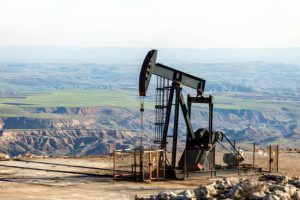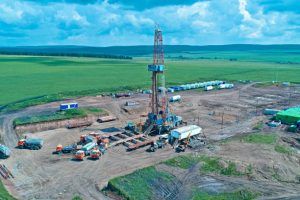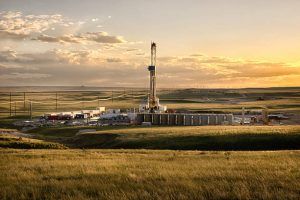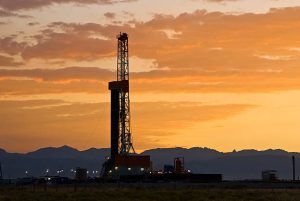
Have you ever wondered how oil and gas exploration affects the owners of the land where the drilling occurs? Have you ever wondered what rights surface owners possess? If you live in a state with significant oil and gas production, chances are you’ve seen firsthand the effects that oil and gas development can have on landowners/surface owners.
From leasing deals gone sour to forced pooling orders, stories abound about how surface owners have been left feeling cheated by oil and gas companies.
Plus, the populations who transact oil and gas leases are themselves forever changing, as one generation ages and another enters the field. Younger property owners generally know less about oil and gas rights than do their predecessors. On the professional side, millennials now comprise fully one-third of the oil and gas workforce.
So, education remains a valuable commodity in the world of mineral rights. What follows is a discussion of some of the ways that states regulate oil and gas exploration and surface ownership. We’ll also explore what surface owners can do to protect their rights during negotiations with oil and gas companies.
Oil And Gas Exploration And Its Importance
Oil and gas exploration is a practice of, first of all, prospecting for potential oil and gas reservoirs through means of surveys, geological studies, and seismic tools, and later (if the prospect is satisfactory) obtaining a lease and actively drilling for oil and/or gas.
The oil and gas industry holds great importance because of the vital product it delivers: energy. Furthermore, the oil and gas industry brings lucrative employment opportunities and economic vigor. But for oil and gas to thrive, new sources of mineral wealth must constantly be located and tapped.
Surface Rights Ownership and Its Effect on Drilling Operations

Ever wondered what happens if you find oil on your property? In the United States, the person who owns the surface of a piece of land (otherwise known as the “surface estate”) typically has some control over what is done on the surface of their property, whether or not they hold the mineral rights below ground. This fact means that, for the most part, anyone who wishes to drill either oil or gas must reach an agreement with the surface rights owner before they are able to proceed.
The owner may demand royalties or other compensation be paid in exchange for using his or her land. However, some states have laws that allow certain types of drilling to take place regardless of whether or not consent was given by the surface rights owner, so it is important to understand these regulations as well.
Oil And Gas Companies Need Permission To Drill On Private Land

Exploration companies need permission to drill on private land. They typically do this by leasing the mineral rights of the land from its owner. This involves negotiations, legal documents, and payments or fees made to the landowner. In many cases, the lessor is granted free access to use the land for their operations for the period outlined in their contract.
The contract also outlines any special requirements that must be met by either the company or the landowner, such as environmental protection considerations and road maintenance around drilling sites. A lease agreement will state who is responsible for dealing with these matters before drilling begins, so it is important for both parties to fully understand their roles and obligations.
Environmental Concerns Associated With Exploration Activities

Oil and gas exploration activities, while they comprise a key segment of the economy, also pose issues of environmental stewardship. There are environmental implications that must be considered. Oil spills, air and water pollution from drilling sites, habitat destruction from infrastructure development… all of those pose the potential to disrupt ecosystems.
In addition, increased traffic and noise mean stress for animal populations. Industry insiders and policy makers alike must consider these ramifications and implement solutions when possible to safeguard the environment against the potential harms of oil and gas exploration activities.
Economic Benefits Of Oil And Gas Exploration For Landowners And Communities
Oil exploration can bring substantial economic benefit to landowners and communities. On the surface, this reward comes in the form of royalties from the resources extracted or mineral rights possessed by those who own the land.
These royalties can provide a steady income stream for families and local businesses. Meanwhile, communities benefit from the influx of investment for such exploration projects. Oil and gas exploration companies often offer regional contracts with businesses that help support the community, maintain jobs, and contribute to growth in their economy as a whole.
Moreover, additional economic benefits accrue when the creation of new infrastructure adds value to the locale. Such activity can boost local economies through construction projects as well as permanent vehicular access being created to areas previously only accessible via air or water transportation methods.
In short, by factoring in all aspects of oil and gas exploration projects, it is clear that both landowners and communities stand to gain value during each stage of such developments.
Conclusion
Exploration and production activities can have both positive and negative impacts on landowners, surface rights holders, and local communities. It is important to consider all of the potential consequences of these activities before allowing drilling operations to begin.






